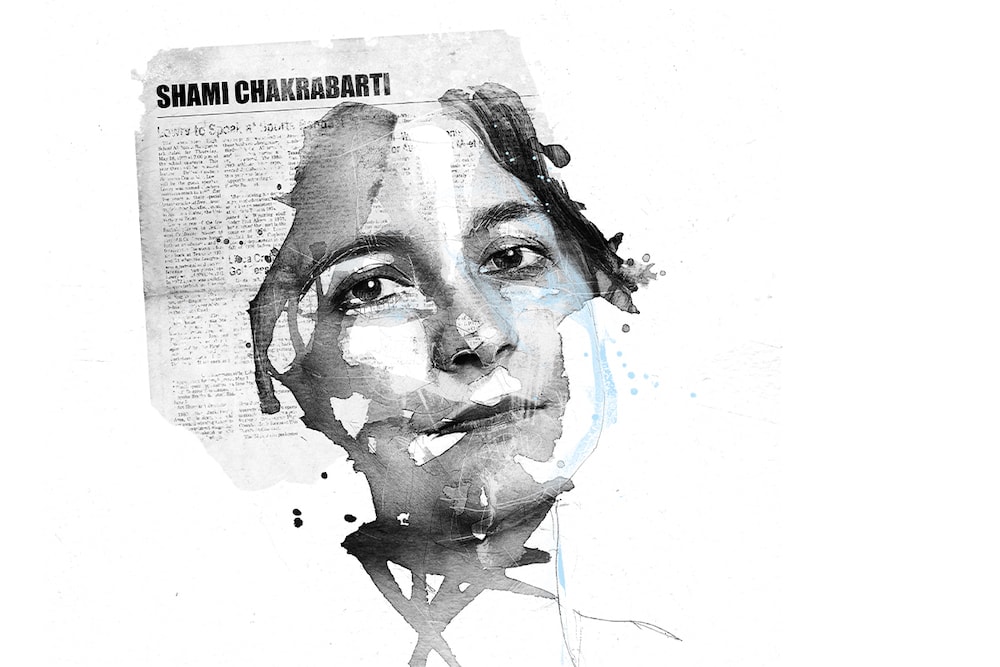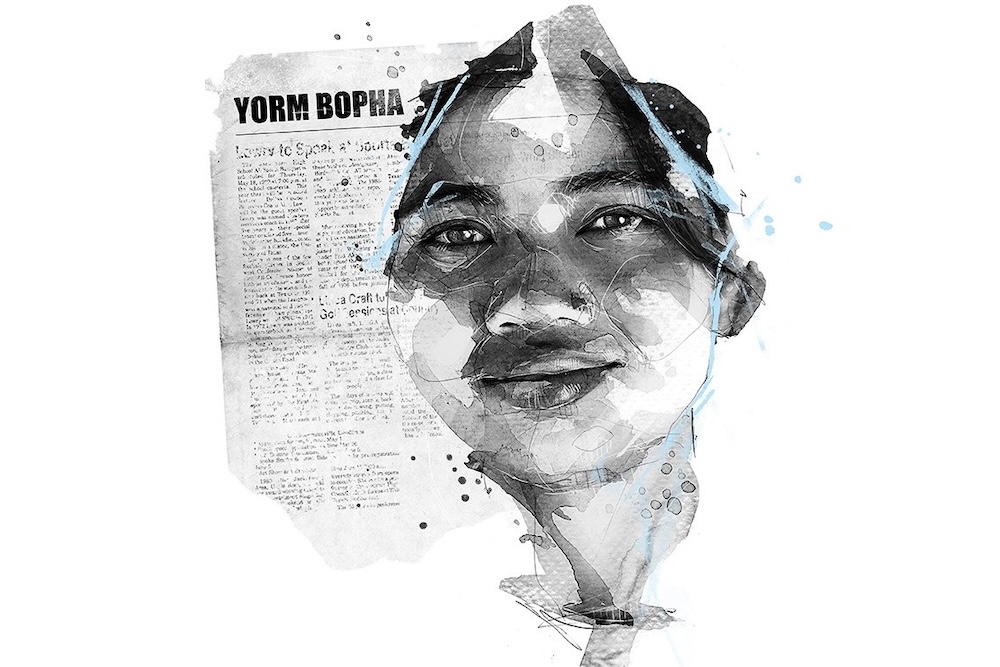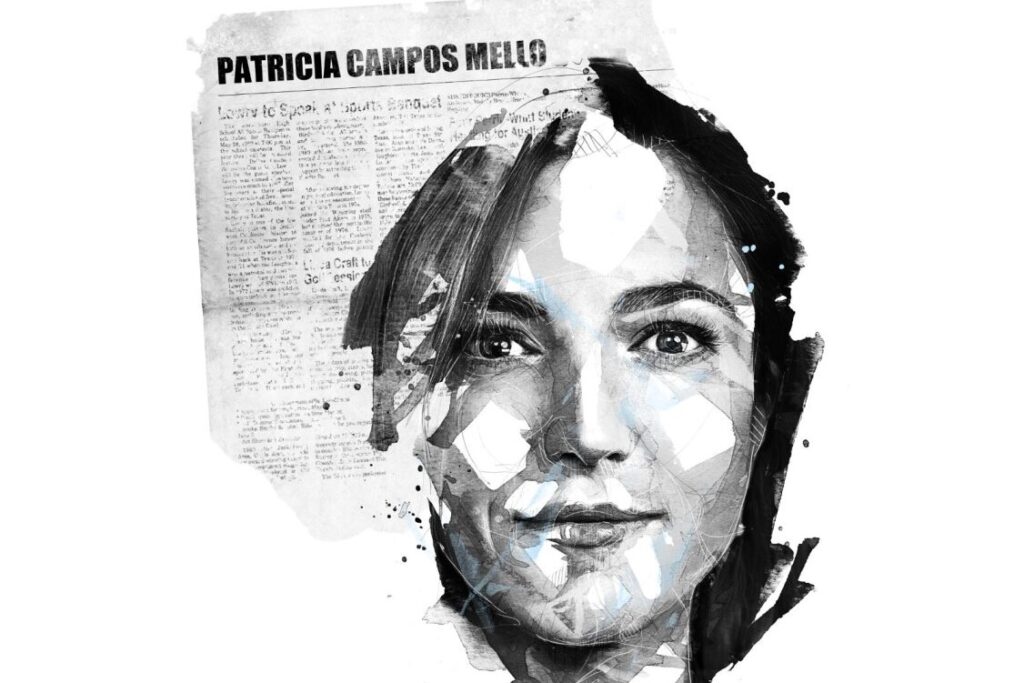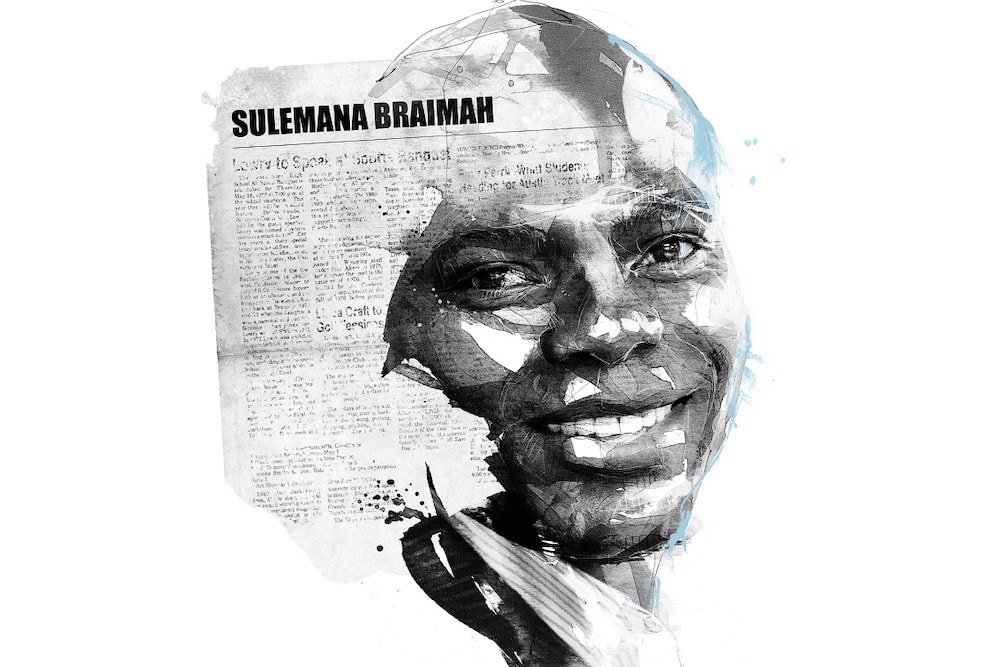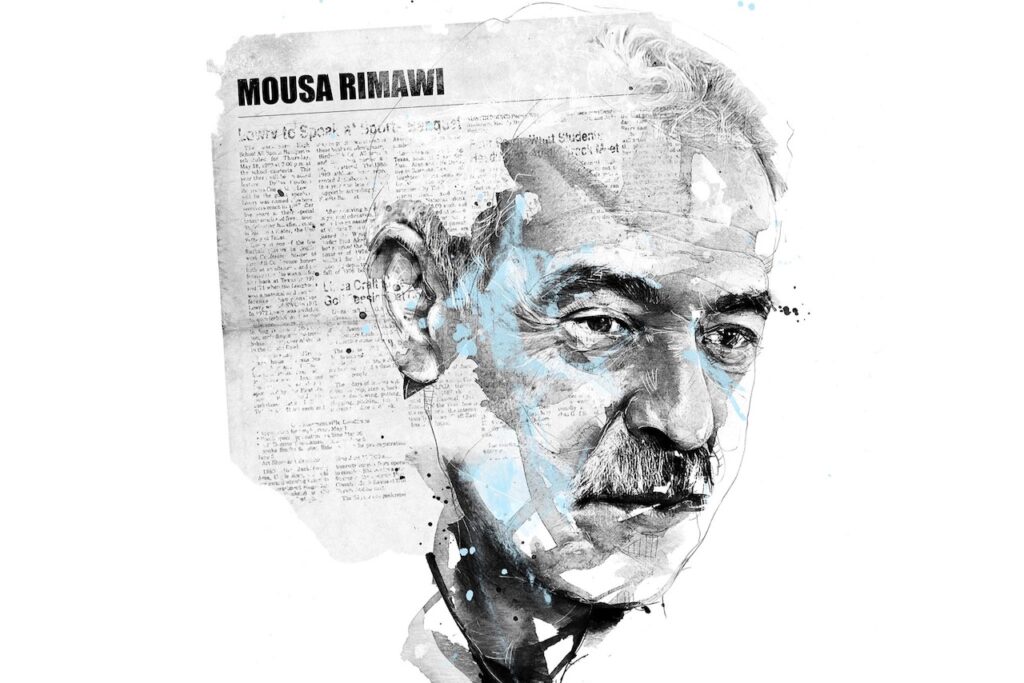From post-9-11 attacks on civil liberties to the high profile Leveson Inquiry, Chakrabarti has been a key player in some of the UK's most important human rights and free expression debates of the last 15 years.
"I started at Liberty the day before 9/11. It was very obvious we were going to have to respond to all these terrible short-sighted policies that were adopted in the name of freedom."
For a certain reactionary section of the British tabloid press, there is little more infuriating than a ‘do-gooder’. A person who regularly sends them into fits of outrage is Shami Chakrabarti, former director of the leading human rights NGO Liberty, and, according to The Sun, “the most dangerous woman in Britain.”
Chakrabarti is one of the UK’s best known lawyers. Her high profile is due partly to her regular media appearances, but mainly it’s because she’s been a key player in some of the UK’s most important human rights and free expression debates of the last 15 years. These include debates on freedom of information, government surveillance and press regulation.
Born in London to Indian immigrants, Chakrabarti famously credits her father with stirring her early interest in human rights. As a 12-year-old, she argued with him that Peter Sutcliffe (the infamous Yorkshire Ripper) should receive the death penalty for his crimes; however, her father, explaining to her the immorality of taking another person’s life, succeeded in changing her mind. Chakrabarti went on to study law and eventually qualified as a barrister.
Her first job was at the Home Office where she worked on the Human Rights Act under the then Home Secretary Jack Straw. In 2001, after five years’ service – and by then disillusioned with the bureaucracy that is integral to working in the civil service – she left and joined Liberty as its in-house lawyer. The following day, 9/11 happened.
It’s widely recognised that the 2001 terrorist attacks on the US radically shifted the balance between security and rights around the world, with rights very much suffering as a result: much of Liberty’s work post-9/11 was in response to this new world order. As Chakrabarti said in 2013, “It was very obvious what the priorities were going to be – we were going to have to respond to all these terrible short-sighted policies that were adopted in the name of freedom but that were about diminishing freedom and actually quite counterproductive to fighting terrorism.”
Chakrabarti was appointed director of Liberty in 2003 and quickly emerged as an important voice of protest alongside a varied collection of lawyers, journalists and politicians who were alarmed by the then Labour government’s attempts to introduce legislation which was detrimental to civil liberties, such as compulsory ID cards, 90 days’ detention without trial, restrictions on public protest and the new offence of ‘glorifying terrorism’.
Perhaps Chakrabarti’s most high-profile role has been as advisor to the Leveson Inquiry from 2011-2012 – another flashpoint for tensions between freedom of expression and other rights.
Announced in 2011 by the then British Prime Minister David Cameron, this inquiry was intended to examine the culture and ethics of the UK newspaper industry following the News International phone-hacking scandal. Previous investigations had revealed that various British newspapers published by Rupert Murdoch’s News International had engaged in illegal activities, including police bribery and hacking the phones of celebrities and the victims of crime. High-profile journalists and police officers had been forced to resign; the News of the World’s managing editor, Andy Coulson, would eventually be jailed.
The ugly underbelly of the UK press had been exposed, and the task of the Leveson Inquiry was to look into how this behaviour could be prevented from reoccurring in the future.
The inquiry made a series of recommendations for regulation of the press. These recommendations – which included the creation of a new, independent, press regulatory body and “exemplary damages” for actions such as breach of privacy, libel and slander – met with a mixed response from press and politicians.
However, the real division was sown by Prime Minister Cameron, who, instead of implementing Leveson’s recommendations, proposed the creation of a press watchdog backed by a royal charter (effectively meaning that it would be state-approved).
Journalists and free expression advocates, including Index on Censorship, rejected the idea outright as a threat to an independent press.
Chakrabarti also went public, fiercely criticising Cameron for his inaction over Leveson and describing his proposal as “constitutionally inappropriate, undemocratic, opaque and in no way fit for this purpose.”
Another high profile role came when Chakrabarti left Liberty in 2016 and was asked to chair an inquiry into anti-Semitism in the Labour Party. She concluded that anti-Semitism and racism did exist within the Labour Party membership, but to no greater extent than it existed in other British institutions. Chakrabarti went on to serve as Shadow Attorney General in Labour Party leader Jeremy Corbyn’s cabinet from 2016 to 2020.
Chakrabarti continues to practise law and defend human rights against attempts by the UK government to curb them. She was highly critical of the UK’s so-called ‘Bill of Rights’ (draft legislation introduced in 2022 to replace the Human Rights Act), which she described as “constitutional butchery” and “a power grab by the state” that would make UK citizens less free. She was equally vociferous in her criticism of the Nationality and Borders Bill (passed into law in March 2022), which, among other things, strengthens the government’s ability to deprive people of citizenship and makes, Chakrabarti says, “people like us, born in Britain but with foreign-born parents … second-class citizens”.
Chakrabarti has received numerous honours for her work and was listed as one of the “100 Makers of the 21st Century” by The Sunday Times in 2014.
Illustration by Florian Nicolle
